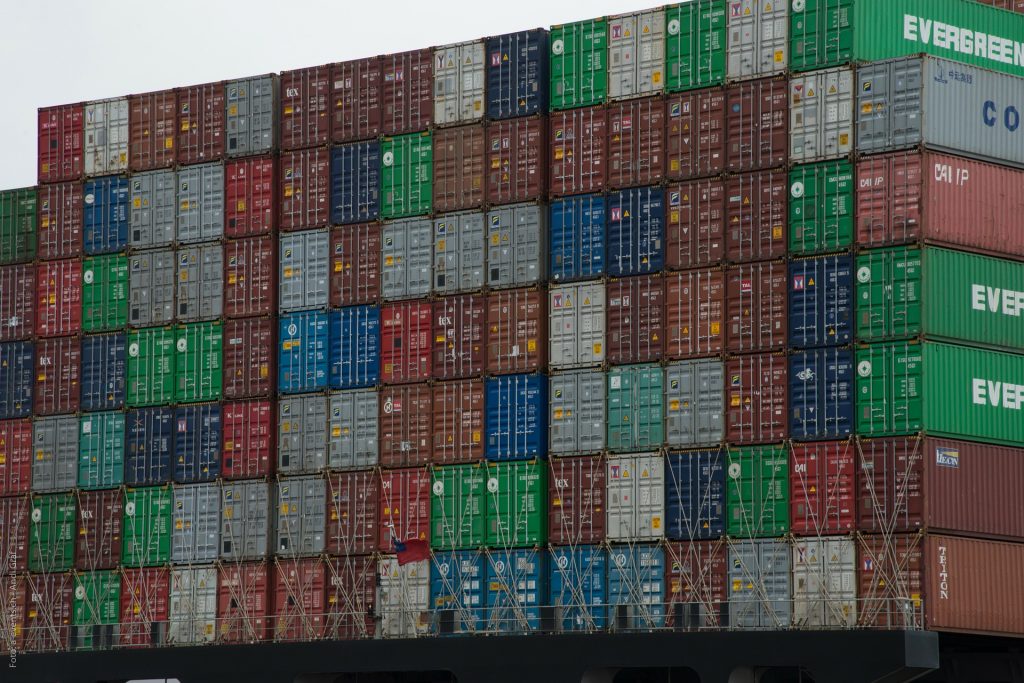
How the name of the ship fits the situation! Isn’t that funny? Yes, but only for those who have nothing to do with it. But wait: if we drill deeper into this event, we come to a behavioural pattern that should be more or less familiar to all of us: megalomania. This time on a global scale.
Why is that? Isn’t it sensible to build ships that carry as much freight as possible at low prices? After all, almost everything in the world economy runs according to this principle of efficiency. This “Ever Given”, for example, is 400 metres long and 60 metres wide. One of the largest container ships in the world. This time on its way with a cargo worth 3.4 billion dollars.
But then it happened. For reasons that are still unclear, this colossus was stranded in the Suez Canal and blocked a neuralgic bottleneck of world trade. When, after six days, the canal was navigable again, 430 captains who had been waiting for passage breathed a sigh of relief, as did probably countless logistics companies, entrepreneurs and customers worldwide.
The canal authority lost 13-14 million dollars a day due to the blockade. On top of that come the costs of the salvage work. All in all, the canal authority is demanding compensation of about 1 billion dollars. But this will not be settled as quickly as the salvage of the “Ever Given”. It is now anchored in the Great Bitter Lake until the matter has been resolved. Again, isn’t that funny?
But let’s get serious: as dramatic and costly as the event with all its repercussions actually is, it also has an adequate metaphorical meaning and offers an occasion to learn, or rather to be conscious of one thing again: Growth is not limitless. We and everything are part of something. Therefore, we cannot afford to ignore our relevant environmental relationships without suffering harm.
If you build ships of these dimensions, you also need an infrastructure that fits them. This starts with canals, locks and port facilities – and ends with appropriately trained captains and crews. In the case of the dimensions of the “Ever Given”, risk management should have played an equally important role alongside the optimisation of benefits. But not only with the shipowner and shipbuilder, beyond that, other stakeholders should have been involved in responsible risk management geared towards sustainability. Especially canal operators, so that the risk of thrombosis in such ultra-critical traffic arteries is avoided. Perhaps this was the case. But I have my doubts about that. When I think of my project management experiences, risk management was very often regarded by the client as rather bothersome and unproductive.
Nothing in all the world is more dangerous than sincere ignorance and conscientious stupidity. (ML King)
Original text: PUE
English translation: BCO
Bildquellen
- container-345128_1920: Andi Graf / Pixabay

